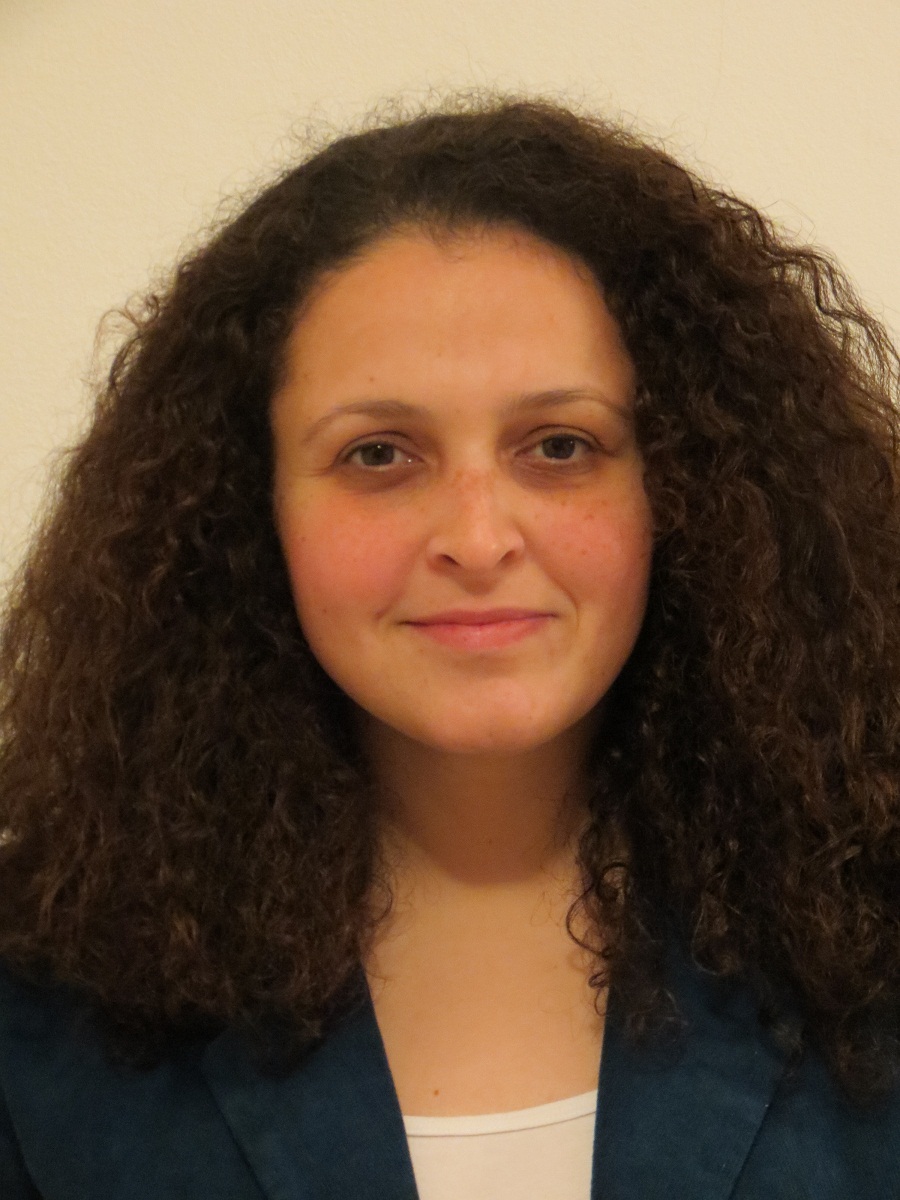KUWAIT: Inflationary pressures in Gulf Arab countries have decreased significantly, but they must pay attention to rising global food prices, Kuwait’s central bank governor said on Tuesday.
Inflation in the world’s top oil exporting region started to pick up again this year but pressures remain low in most countries and analysts expect consumer price growth to stay well below the record, double-digit peaks of 2008 in coming months.
"Inflationary pressures have receded markedly in Gulf Cooperation Council countries," Sheikh Salem Abdul-Aziz al-Sabah said in opening remarks at the Gulf central bankers meeting in Kuwait.
"However, this doesn’t mean they have completely disappeared. At this stage it is necessary to pay attention especially to signs of a rise in food prices internationally," he said.
Price pressures are highest in Saudi Arabia, where inflation hit an 18-month high of 6.1 percent in August, mainly because of surging food costs and chronic housing shortages in the world’s biggest crude exporter and the top Arab economy.
The Saudi central bank indicated this week that though the price rise is worrying, there is not much it can do at this point to tame it as the rise is driven by factors it cannot directly influence.
The desert kingdom pegs its currency to the U.S. dollar in line with most other Gulf crude producers, which makes it keep its policy rates close to U.S. benchmarks.
Kuwait inflation climbed to a 13-month high of 4.0 percent in July, mainly on a food price jump.
Consumer prices are also on an upward march in Oman, whose central bank warned in July this could put the currency under pressure.
Price growth is low in the United Arab Emirates as the second largest Arab economy grapples with the impact of Dubai’s debt woes, while booming Qatar has not yet emerged from deflation. Bahrain’s inflation is stuck in low single digits.
Analysts polled by Reuters in June expected inflation rates in the Gulf to range from 1.7 percent for Qatar to 4.7 percent for Saudi Arabia this year.

